Pianist Luu Duc Anh: Classical music has a miracle power
Born into a family with a rich tradition in music, young pianist Luu Duc Anh, whose elder brother is acclaimed pianist Luu Hong Quang, has won a number of prestigious international music competitions.
Over the past few years, he has joined musical activities and projects in Vietnam with the hope of boosting the development of chamber music in Vietnam.
Duc Anh spoke to Nhan Dan Weekly to share about his music projects and his arts career.
 |
Pianist Luu Duc Anh (source: NDO)
Question: You are one of the co-founders of Maestoso, a group of talented young Vietnamese artists who have studied abroad and share a common hope of promoting classical music in Vietnam. Can you please tell us more about the project?
Pianist Luu Duc Anh: Maestoso was established with the hope of contributing to the development of chamber music in Vietnam, while helping young Vietnamese artists to showcase their talent on a professional stage.
The project is a joint initiative of four members including conductor Nguyen Phu Son, pianist Nguyen Duc Anh, CEO Duong Vu Minh, and I. All of us are Overseas Vietnamese students who were lucky enough to get access to the world’s cultural and arts essence. We also share a passion of promoting the essence to Vietnamese audiences and passing down knowledge we have learnt to younger generations.
What have you done with the project so far?
We are accelerating the final preparations for our first programmes and have planned for the next few years. Two programmes are scheduled this December and four others are scheduled for 2018. There are lots of things to do but we believe that we are on the right track.
In Maestoso’s operations, we place the highest priority on the quality of art and maintaining a professional working manner. In addition to staging concerts, we also host seminars and workshops on music, as well as talks with prestigious Vietnamese and international artists.
Although we target persification in our activities, we will try to keep the core characteristics of chamber music intact in order to prevent audiences from becoming confused with different genres of music, which are popular in Vietnam.
What consolidates your belief in Maestoso’s feasibility since the development of classical music in Vietnam has faced many obstacles?
Although it is a fact that classical music in any country attracts less audiences than other forms of music, I think that the number of chamber music audience somehow reflects the intellectual and musical reception ability of people in that country.
We believe that Maestoso is following the correct direction in the context of Vietnam today, where many talented artists have not yet been provided with proper opportunities to perform classical music. Many of them have dropped out or moved to other professionals. Maestoso is designed as a bridge bringing the artists together to develop Vietnamese music.
You have studied abroad for years, what motivated you to operate the Maestoso project in Vietnam?
I have spent years studying abroad. During the first few years, I thought I would stay abroad to play music in an ideal environment. However, in recent years, I realised that I am blessed with more advantages than others, which motivated me to share what I have learnt to others and contribute to the development of Vietnamese culture.
I am lucky enough to find people who have a similar vision in Maestoso. I will try my best to balance my performances both abroad and in Vietnam.
Over the past two years, you have joined classical concerts in Vietnam. You will take part in a concert to be held on December 16 to mark the 120th death anniversary of talented German composer Johannes Brahms. While artists often attempt famous works by different composers, at the concert you will only play Brahms piano recitals. Do you think that it will not meet the expectation of audiences since Vietnamese people seem to have a rather vague understanding on music ability in terms of classical music?
Playing works by only one composer at a concert is a weighty decision, however, I believe that it will generate positive results. Vietnamese people do not have a profound knowledge on chamber music yet, while classical works are quite complicated, I think that by focussing on only one composer, I can help the audience to gain a deeper impression on the composer and his works.
I don’t think that understanding musical ability is a problem because classical music has a miracle power, in which even listeners that don’t understand a classical work can “feel” something “special” about it. They may take years to figure out what that something “special” really is, but they can recognise that classical music is truly great.
All proceeds of the concert on December 16 will be donated to the visually-impaired students in Vietnam National Academy of Music. The cost for the organisation of a classical concert in Vietnam is every expensive, it is also difficult to seek financial support for such events. Is it the same in foreign countries?
It is expensive to stage a classical concert, no matter whether it is in Vietnam or in foreign countries. In foreign countries, it is even more expensive if it has the participation of world-class artists. However, the organisers receive great support from the State. Instrumentalists in an orchestra and soloists at the concerts are well paid.
I have participated in concerts in suburban areas, at churches and small concert halls. Although these places do not have many seats for the audiences, the stages there are equipped with high-quality sound systems and invited artists are accommodated with free travel and are well paid for their performances.
In Vietnam, however, most of the programmes receive financial sources from private companies and businesses, both Vietnamese and from abroad.
The concert on December 16 is sponsored by Thai Airways, while the Vietnam National Academy of Music assists us in the organisation. I hope that there are more and more people that recognise the importance of chamber music and there is more and more support to be given to Maestoso and my programmes in general.
You have shared that you prefer to be called a “musician” rather than a “pianist”, since you belong to music rather than merely the piano. How far have you come in your arts career?
I believe that the piano is one of the ways to step towards the world’s culture and arts. It is a vast world of treasured things which are passed down by great men of culture. We artists are tasked with coming to that world and figuring out how to adapt to these finest things in order to compete in today’s world, to drive away the bad and honour the good.
I have accessed the majesty of the arts; however the arts itself is a vast conception, the further you discover it, the more things you have to learn. However, I feel that I am going on a right track after all, and I have never ever regretted any of my choices.
| Born in 1993 in Hanoi, Luu Duc Anh started learning to play the piano at a young age, under his father’s guidance, Professor and Meritorious Artist Luu Quang Minh. After finishing an intermediate course at the Vietnam Music Academy, he got his university degree and a master’s degree with high distinction at the Royal Conservatory of Liège – Belgium in 2013 and 2015, respectively. In 2015, he was voted as one of the 5 most outstanding students of the Conservatory of Liège to compete in a Classic Academy contest of Liège Royal Philharmonic. Duc Anh has won various honours, including the second prize at the Leopold Godowsky piano contest in Poland in 2014, the first prize at the Andree Charlier contest in Belgium in 2016, and the first prize at the 6th International Music Competition in Stockholm, Sweden in 2017. He has also performed at many shows in Belgium, France, the Netherlands, Switzerland and Japan, and joined the Masterclass along with noted pianists such as Dang Thai Son, Avedis Kouyoumdjian and Tibor Szasz./. |
( VNF/NDO )
Recommended
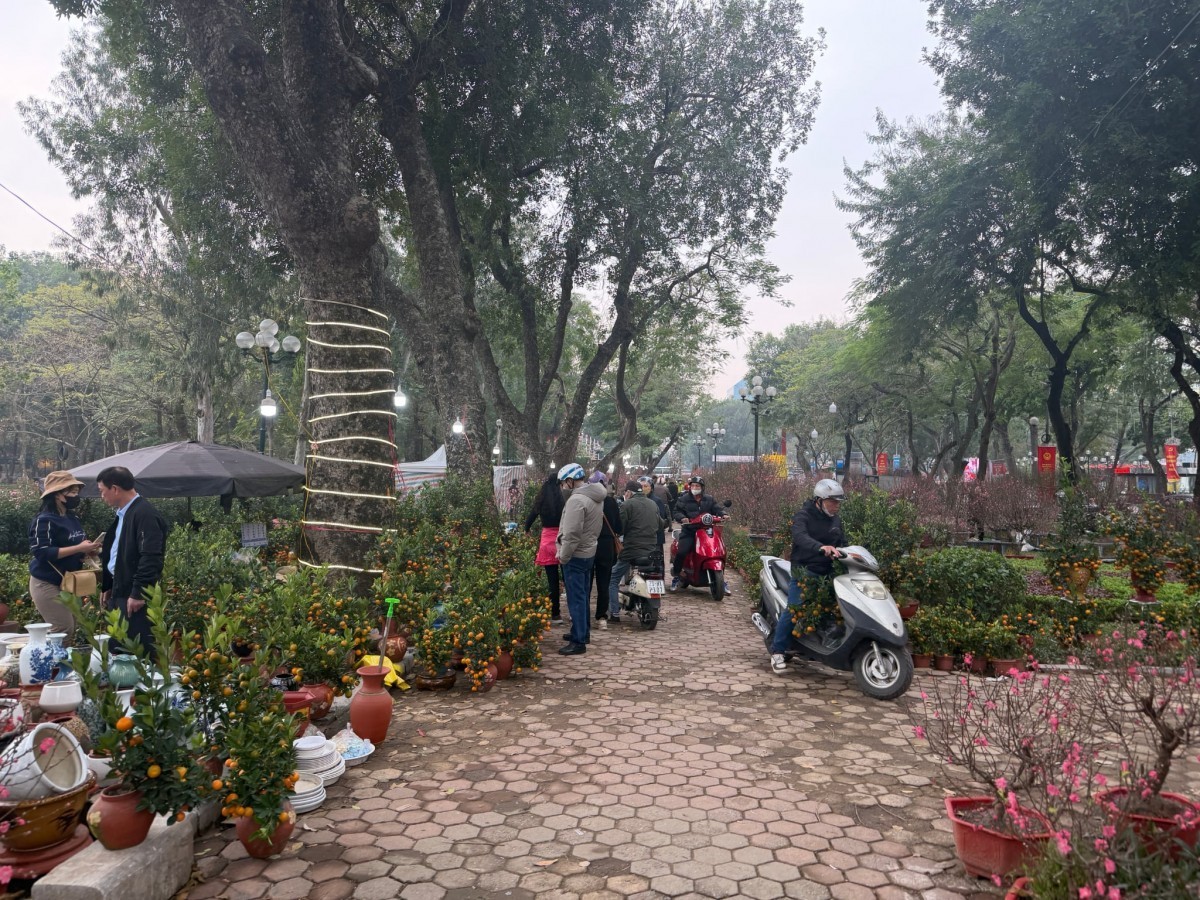 Handbook
Handbook
Lunar New Year 2026 (Year of the Horse) Weather Forecast
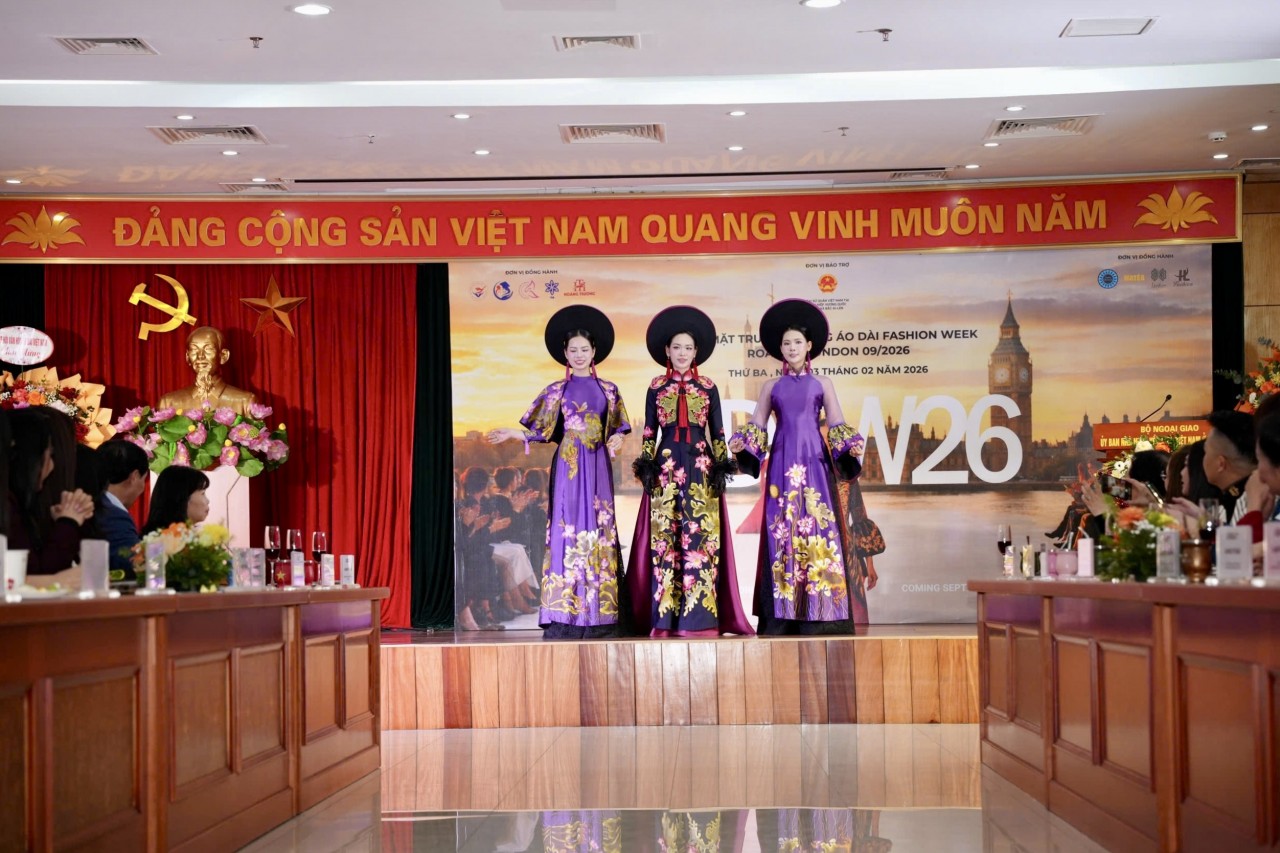 Handbook
Handbook
Promoting Vietnam’s Ao Dai at London Fashion Week 2026
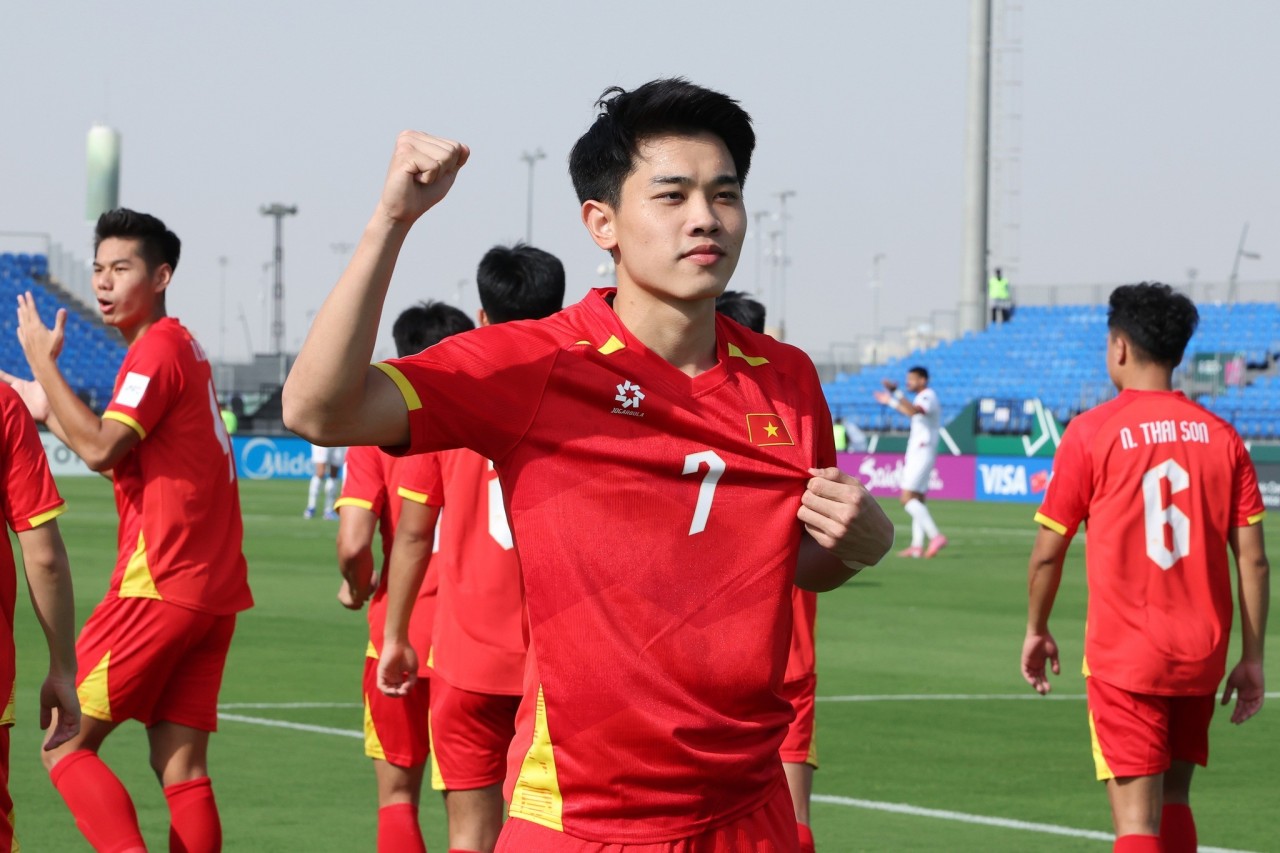 Handbook
Handbook
Dinh Bac Wins Golden Boot at 2026 AFC U23 Championship
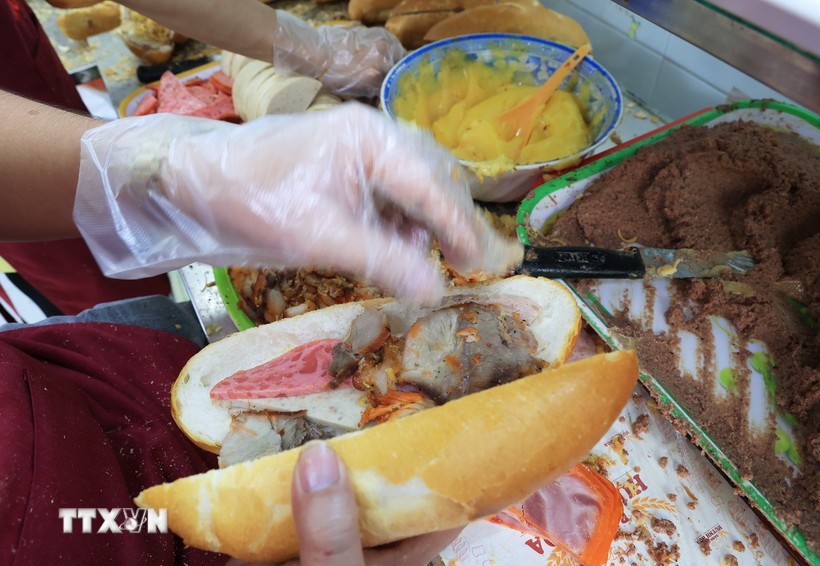 Handbook
Handbook
Vietnamese Banh My Shines on Global Culinary Map
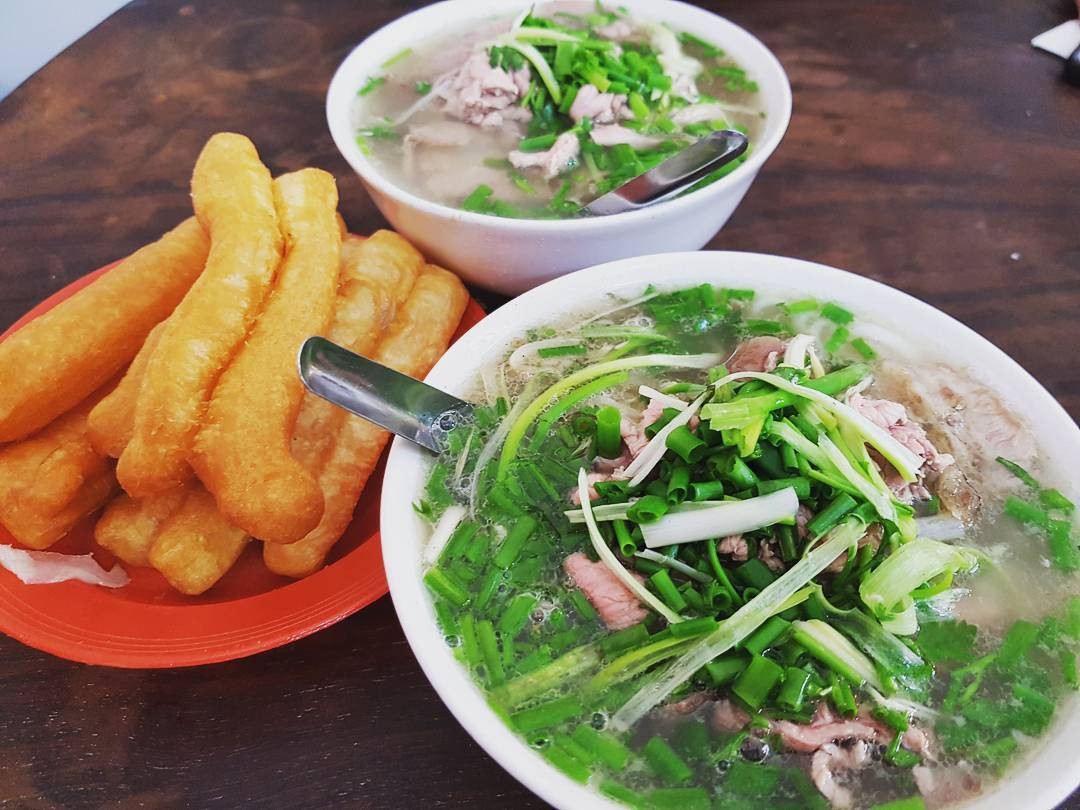 Handbook
Handbook
Vietnam Ranks Among World’s Top 4 Most Attractive Culinary Destinations
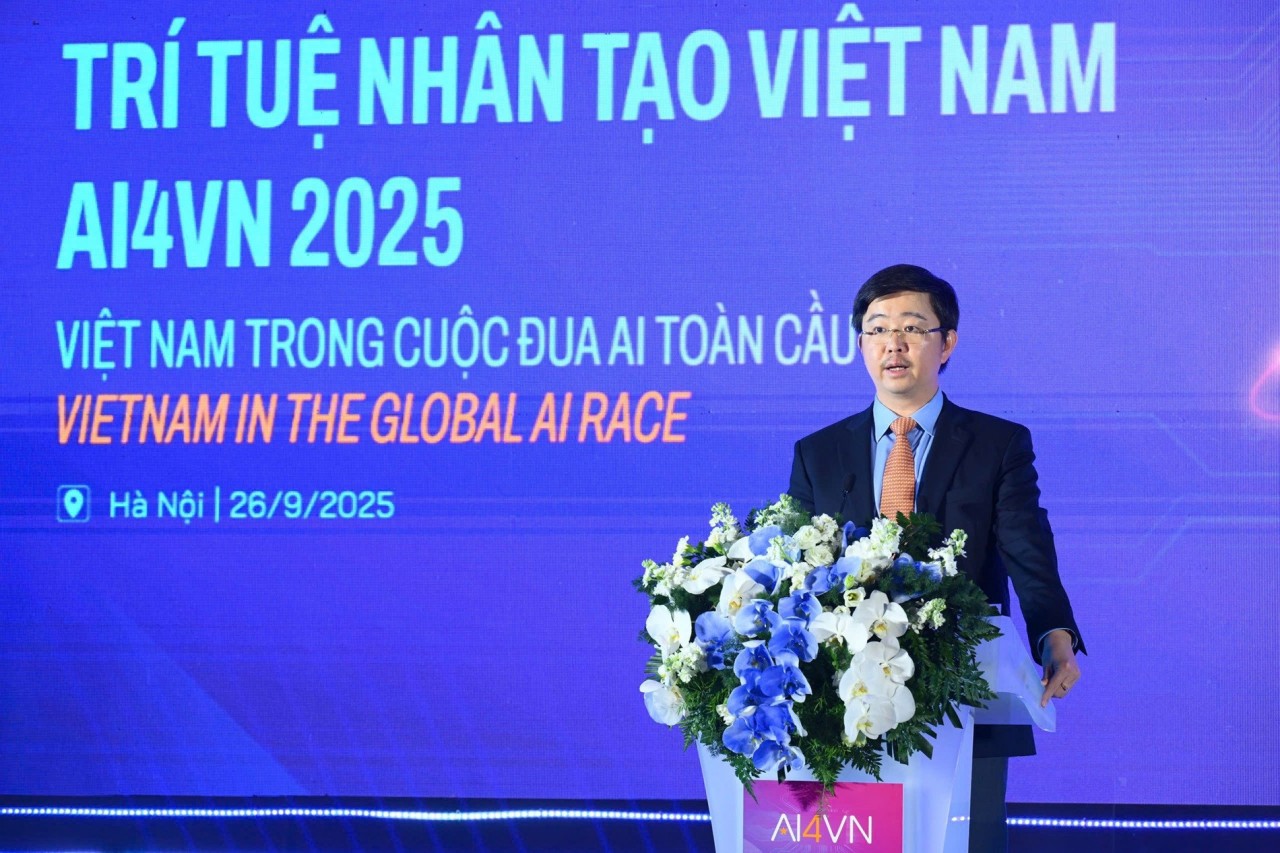 Handbook
Handbook
Vietnam’s AI Law to Require User Notification before AI Interactions
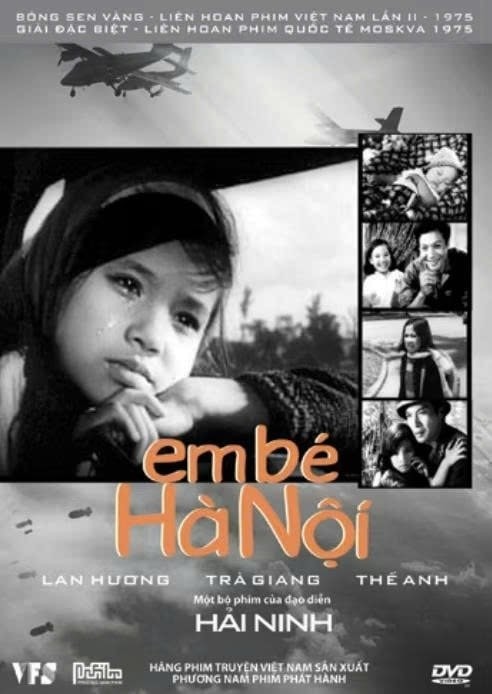 Handbook
Handbook
10 Vietnamese Films Set For Screening In US To Mark 30 Years Of Diplomatic Ties
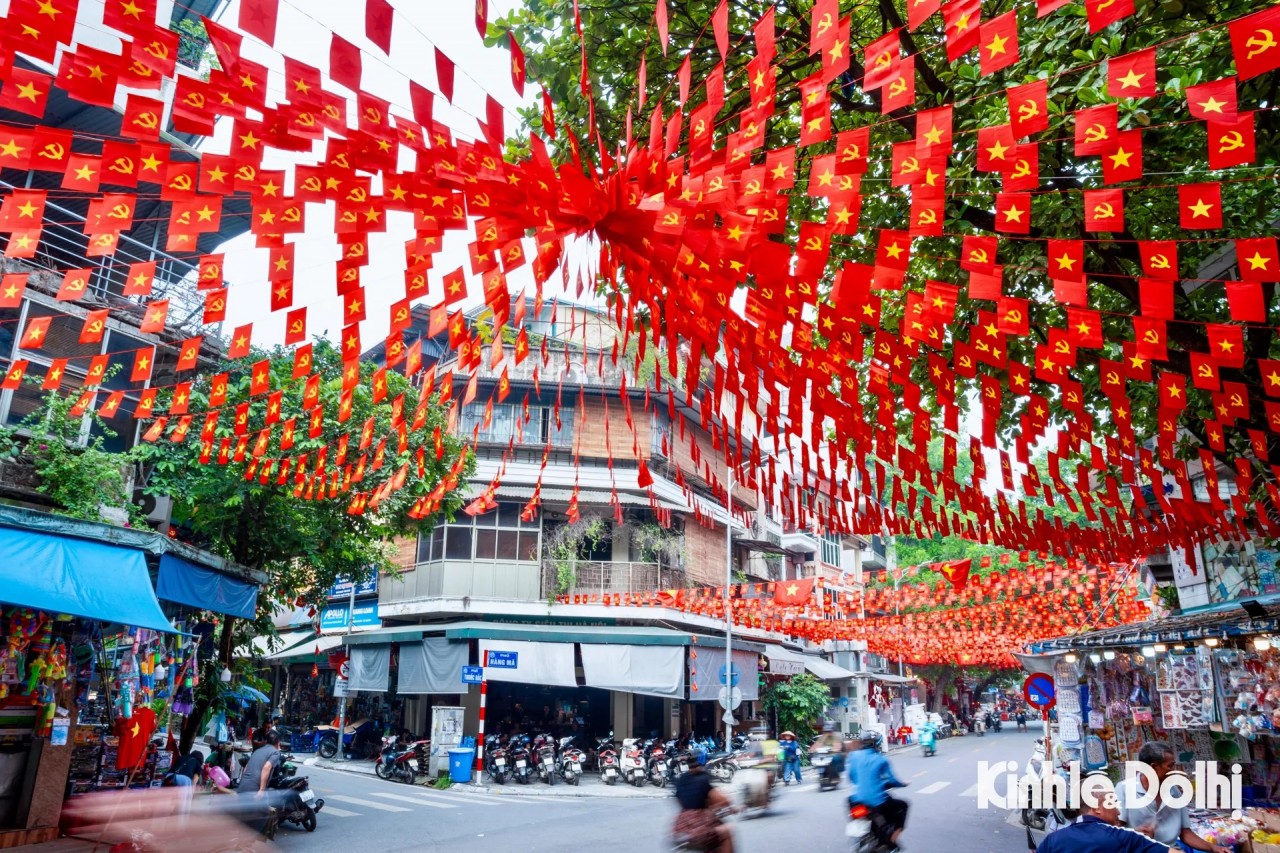 Handbook
Handbook
